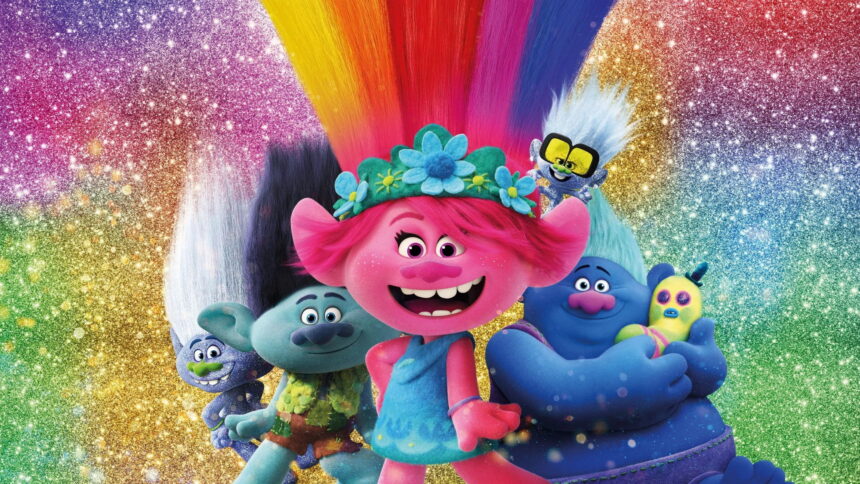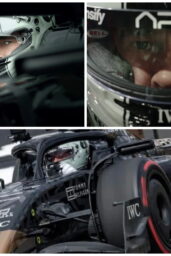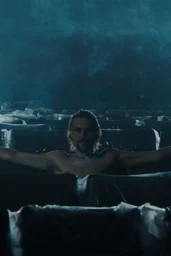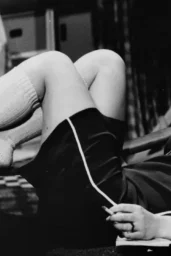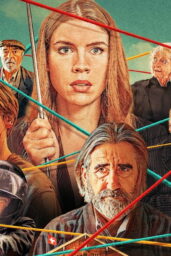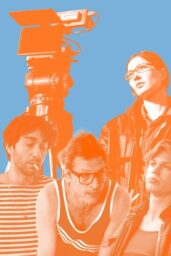Trolls World Tour Changed Hollywood
In April 2020, when Trolls World Tour skipped theaters and hit Premium Video on Demand (PVOD), the world wasn't ready for what came next. What was expected to be a low-stakes sequel for kids wound up as the wrecking ball that smashed the gates of traditional Hollywood distribution. Within just three weeks, it made a staggering $100 million—without major help from theaters, most of which were shuttered due to COVID-19.
Hollywood had flirted with digital-first releases before. Universal's failed $60 PVOD attempt for Tower Heist in 2011 and Time Warner Cable's 2010 plan for early access fizzled because theater chains revolted. But in 2020, the pandemic wiped theaters off the chessboard. There was no pushback, just survival instincts. And Universal played the boldest hand.
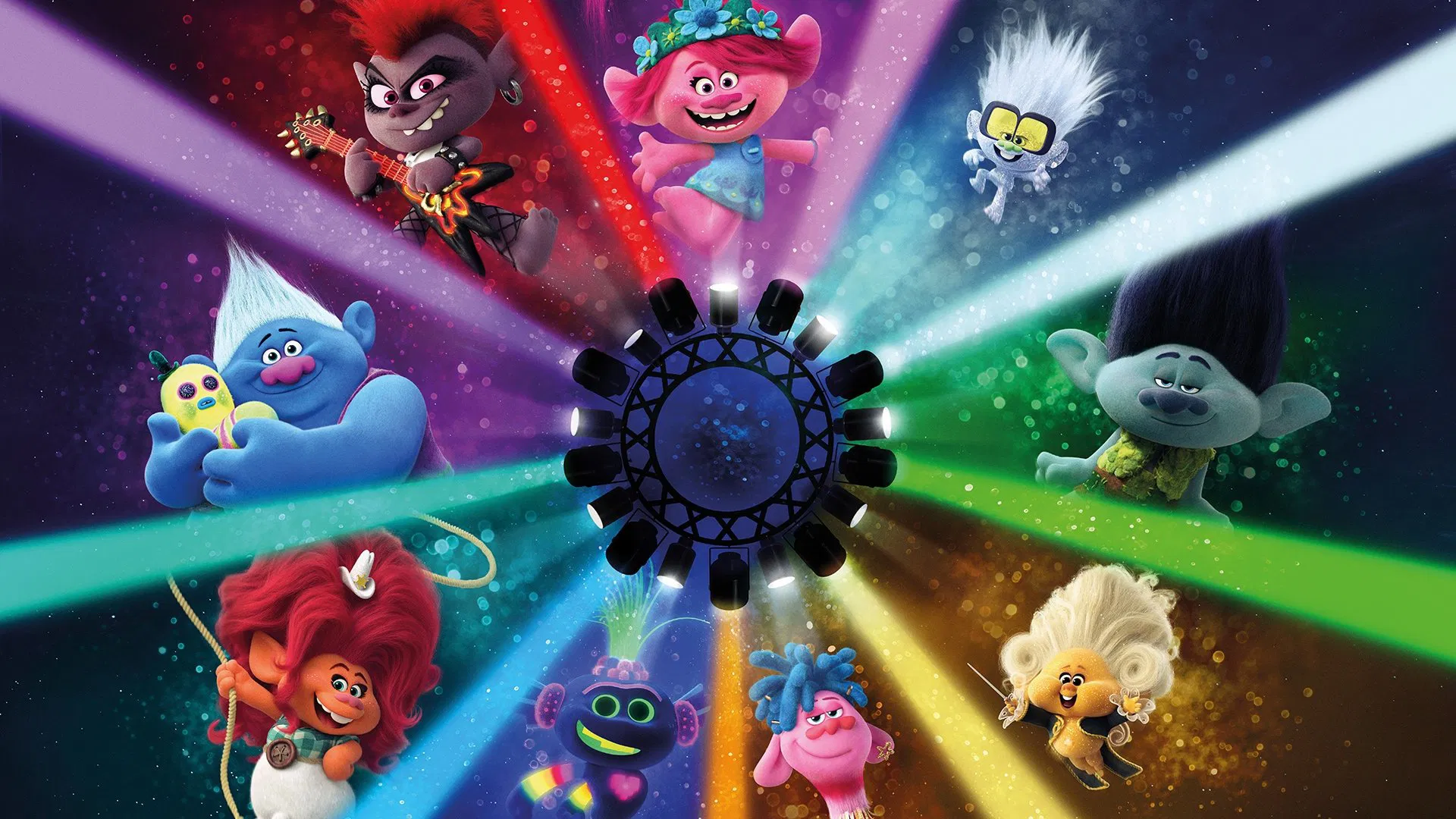
The Unlikely Catalyst
Trolls World Tour was not supposed to be the film that changed history. It wasn't Star Wars, Avengers, or even Frozen. It was candy-colored, joyfully chaotic, and aimed squarely at kids. Yet this bubblegum blockbuster cracked open a new era of moviegoing—or, more accurately, movie-staying-in.
Pre-2020 Hollywood Landscape
For decades, theatrical exclusivity was sacred. Studios waited months before a home release. It was a dance with unspoken rules. Theaters got first dibs; home viewers waited their turn. But studios saw the writing on the wall as DVD sales plummeted and streaming boomed. They just needed a trigger. Enter: the global pandemic.
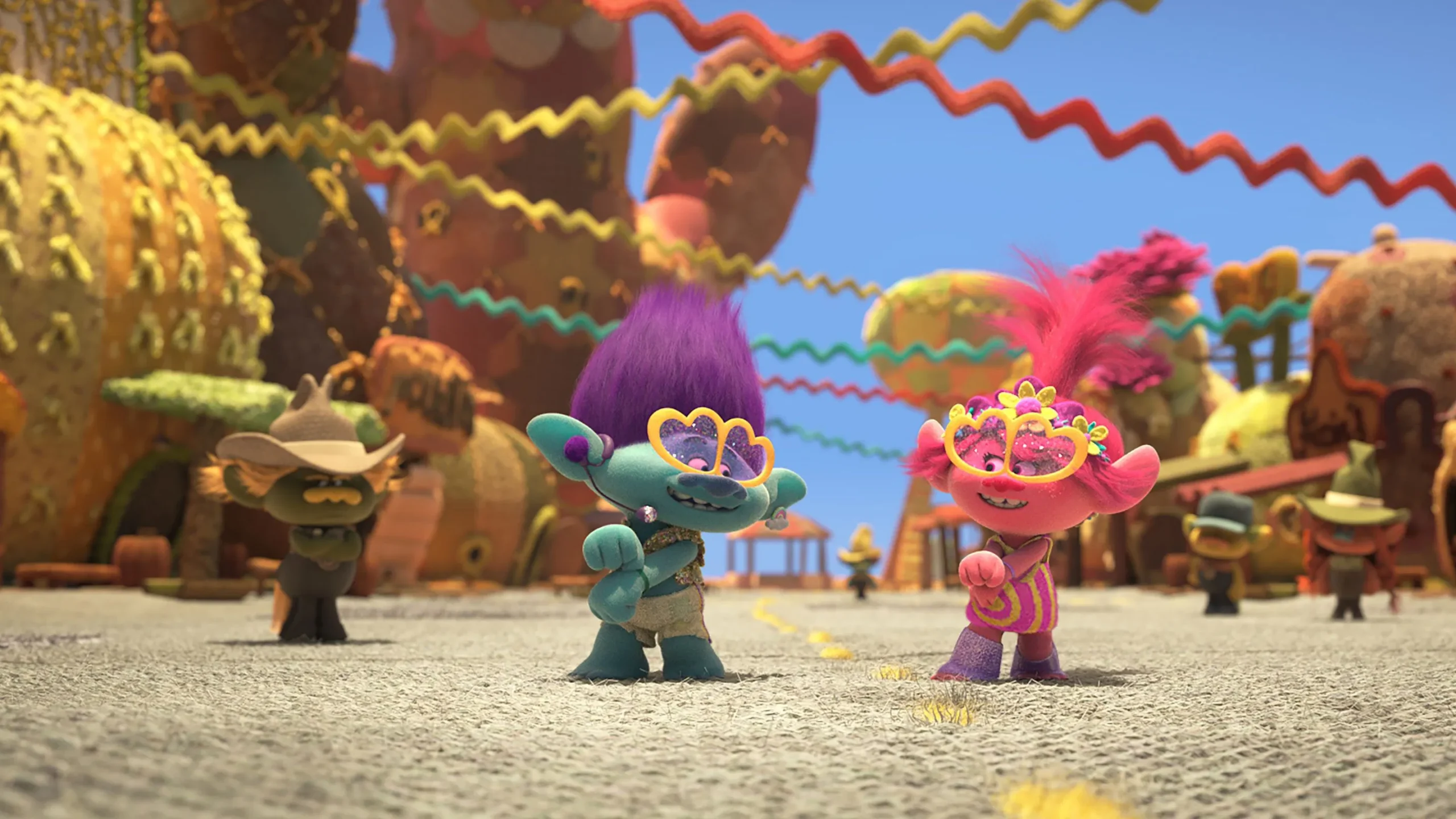
PVOD: A Decade-Old Idea That Never Stuck
Back in 2010, Time Warner floated a $20 home rental model for movies still in theaters. Theater chains balked. Universal tried again in 2011 with Tower Heist at $60 for early rental—and got torched. Cinemark boycotted it, and the idea was shelved again. Until 2020.
Universal's Bold Move
With Trolls World Tour, Universal didn't just test the waters. They cannonballed into them. For $19.99, families could stream the film the day it was supposed to hit theaters. There was no precedent for this. And yet, with the world stuck at home and desperate for content, the plan worked.
COVID-19: The Great Disruptor
The pandemic forced Hollywood's hand. Theaters were closed. Box office income was nil. Studios needed alternatives. PVOD wasn't just convenient—it was a lifeline. And Trolls World Tour was the patient zero in this cinematic shift.
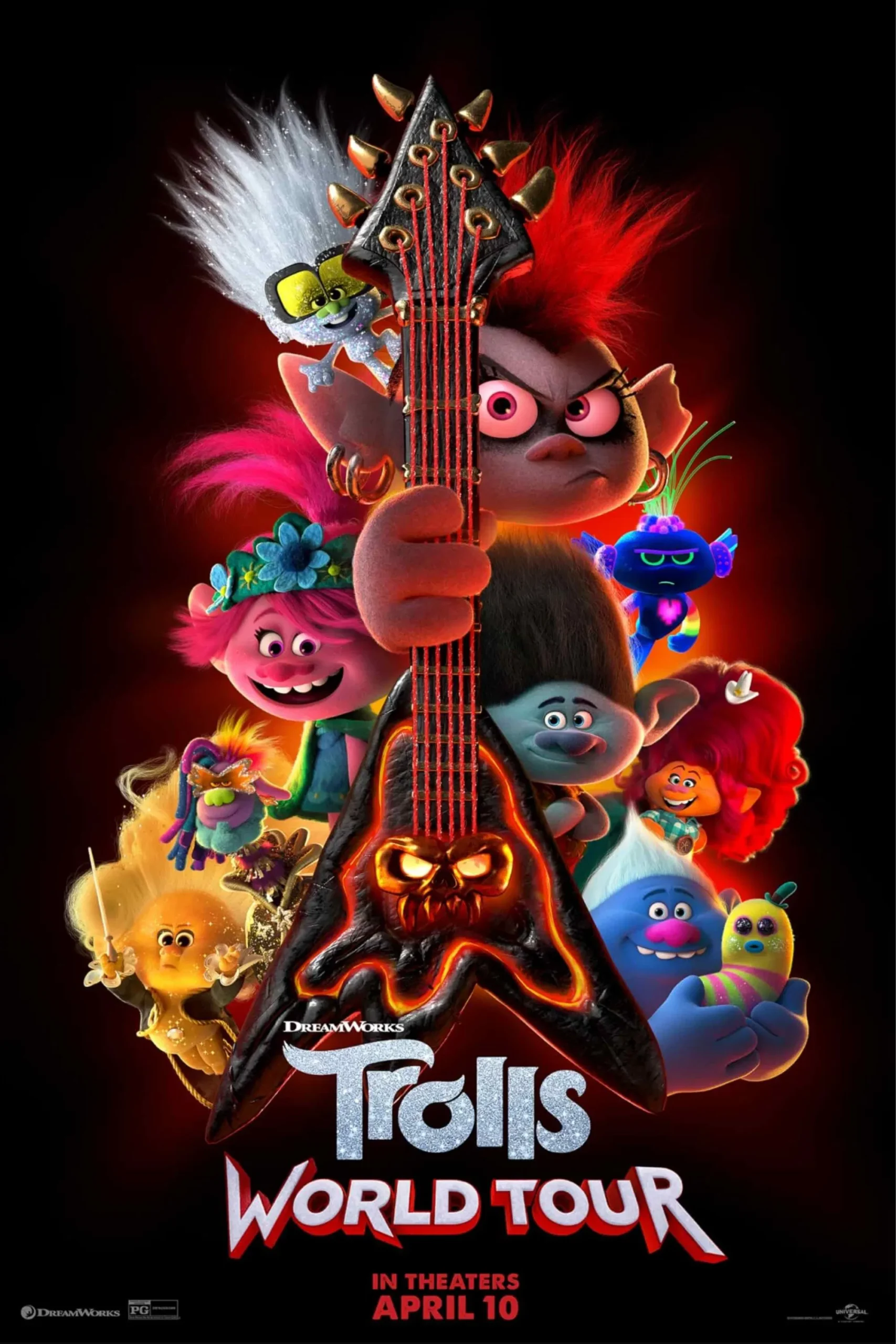
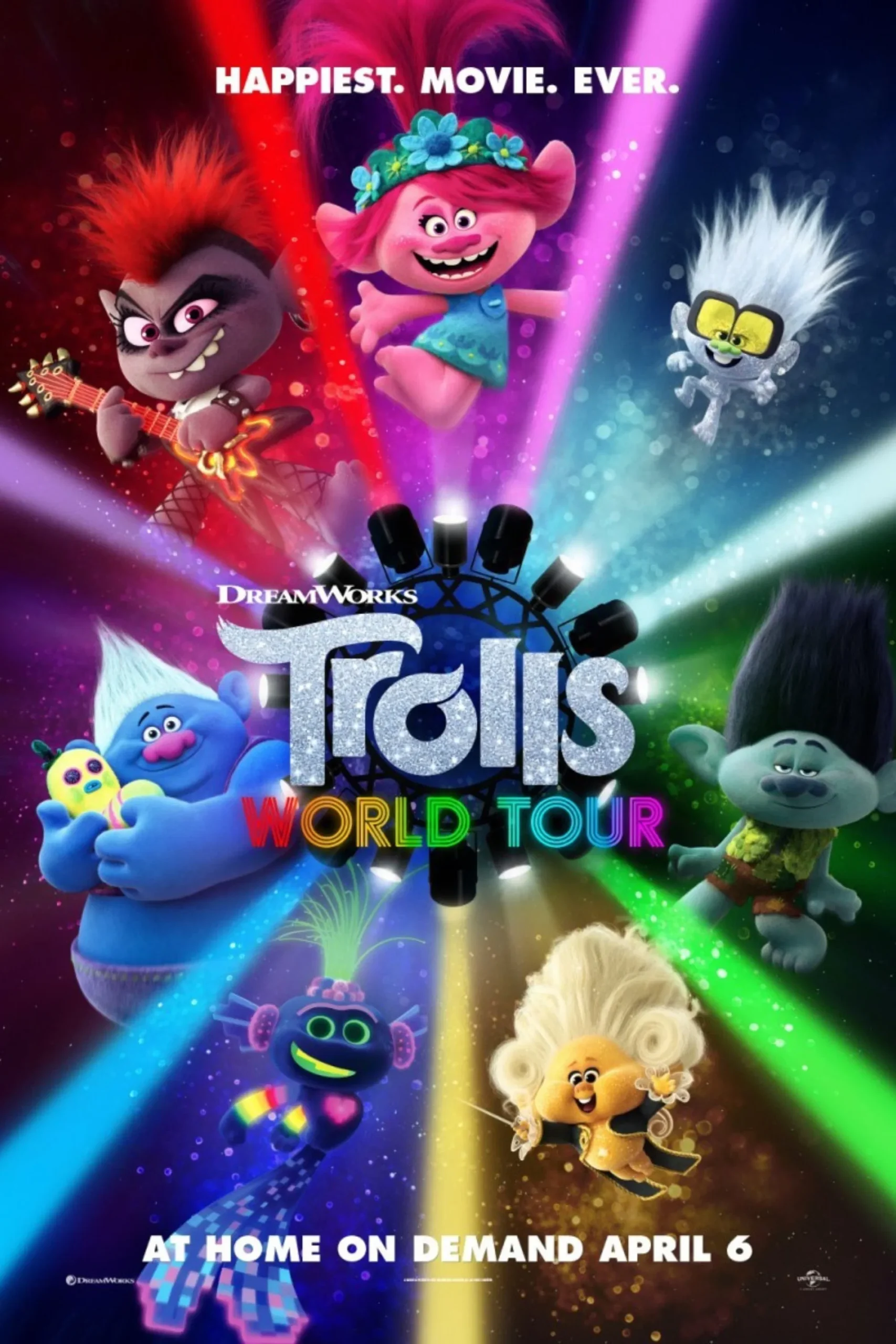
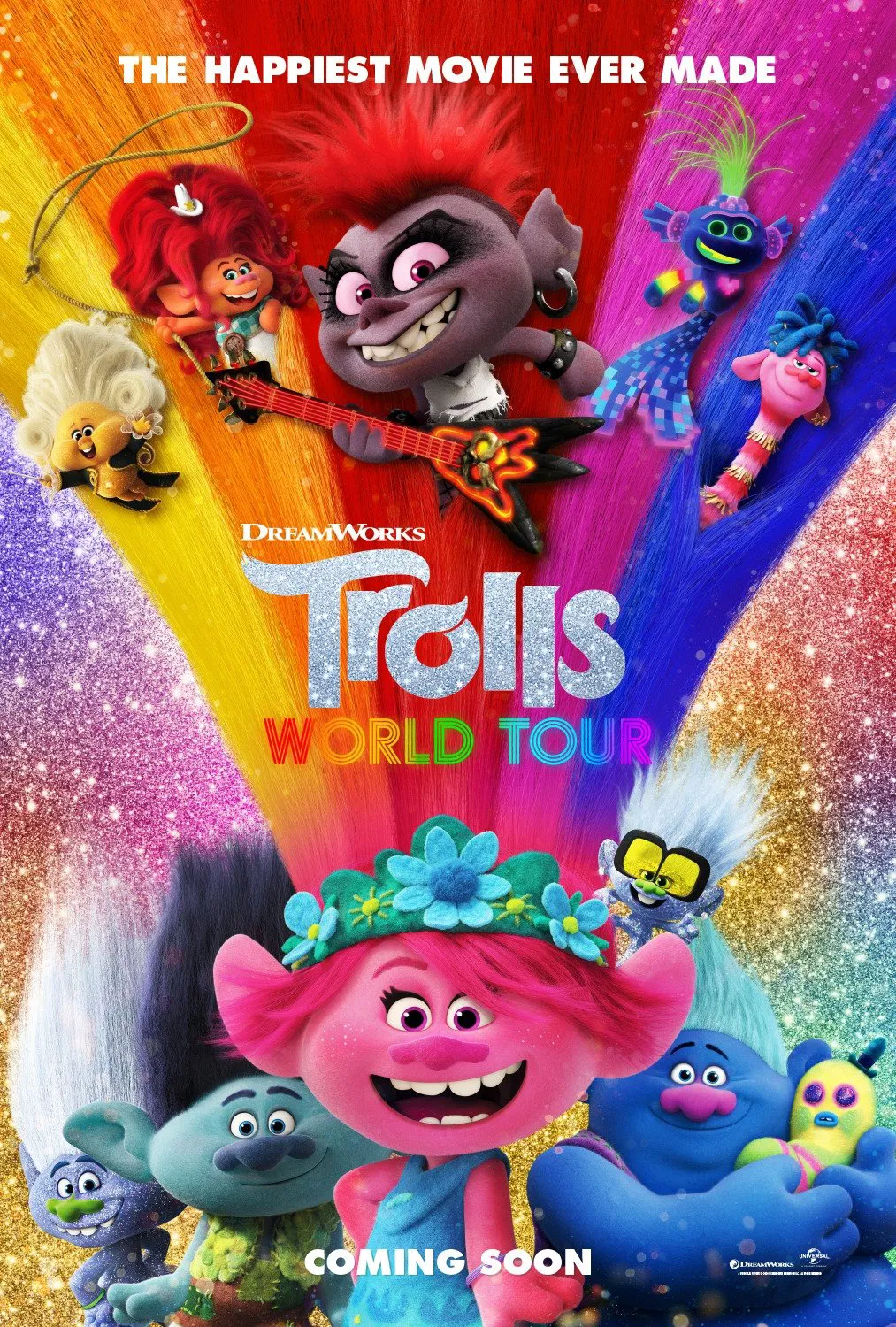
The $100 Million Gamble
Let's break it down: in just three weeks, Universal pulled in $100 million from Trolls World Tour rentals. Compare that to the original Trolls, which made $346 million at the box office—but theaters kept around 50%. With PVOD, Universal pocketed up to 80%. You do the math.
Studios Reap, Theaters Weep
For theaters, this was a nightmare come to life. AMC responded by banning Universal films—at least temporarily. But they had no real leverage. The genie was out of the bottle. And it had rainbow-colored hair.
The Rise of PVOD Economics
Over the next three years, Universal alone made more than $1 billion from PVOD. Other studios took note. Now, only massive tentpoles get exclusive theatrical runs. Everything else? Expect it at home in weeks.
FAQs
Why did Trolls World Tour skip theaters?
Because theaters were shut down globally due to COVID-19, and Universal wanted to salvage its release by pioneering PVOD.
Did PVOD hurt movie theaters?
Yes. It reduced foot traffic and shortened theatrical windows, impacting theater revenue significantly.
Is PVOD profitable for studios?
Absolutely. Studios keep a bigger share of the revenue and avoid some of the costs associated with theatrical releases.
Was the shift temporary?
No. What was framed as a “pandemic response” has become permanent industry behavior.
How did audiences respond?
Audiences embraced it. Convenience trumped tradition. Many now expect early digital access.
What's the current theatrical window?
Typically, around 17 to 45 days. A far cry from the 90-day exclusivity of the past.
Trolls World Tour didn't just entertain—it disrupted. It cracked open Hollywood's rigid release model, ushered in the reign of PVOD, and accelerated the shift toward digital-first habits. Five years later, the industry still hasn't fully recalibrated. Whether you loved or loathed the movie, its impact is undeniable. It was an accidental revolution—and it left Hollywood forever changed.

